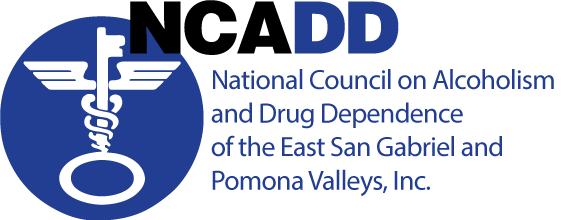NCADD ESGPV Blog
Meth Use Linked to Heightened Stroke Risk in the Young
The stimulant methamphetamine, also popularly known as 'speed,' 'ice' and 'meth,' is linked to a heightened risk of stroke among young people, reveals a review of the available evidence, published online in the Journal of Neurology Neurosurgery & Psychiatry.
According to a recent article in Medical News Today, a stroke caused by a bleed into the brain (haemorrhagic) rather than a clot (ischaemic) is the most common type associated with taking this drug, with men twice as likely to succumb as women, the findings show.
Given the often disabling or fatal consequences of a stroke, and the increasing use of methamphetamine among young people, particularly in countries around the Pacific rim, the findings are a cause for concern, warn the researchers.
They base their findings on a comprehensive trawl of research looking at a potential link between methamphetamine use and associated stroke risk in young people (under the age of 45), and published up to February 2017. They found 77 relevant pieces of research out of 370, including epidemiological studies and case report series.
Methamphetamine can be swallowed, inhaled, or injected. Haemorrhagic strokes were equally associated with swallowing the drug and injecting it while inhalation was the most common method of getting high associated with ischaemic stroke.
Haemorrhagic stroke was associated with vascular abnormalities, such as high blood pressure and vasculitis (inflamed blood vessels), in a third of cases. Repeated use of methamphetamine can drive up blood pressure even in those whose blood pressure is normal to start with, say the researchers.
Risk of death was also higher after a haemorrhagic stroke: one in four people recovered completely, but a third died. This compares with complete recovery for one in five people and death in one in five after an ischaemic stroke.
"With the use of methamphetamine increasing, particularly more potent forms, there is a growing burden of methamphetamine related disease and harms, particularly among young people, in whom the majority of methamphetamine use occurs," write the researchers.
"Indeed, it is likely that methamphetamine abuse is making a disproportionate contribution to the increased incidence of stroke among young people observed over recent years," they add.
Source: Journal of Neurology Neurosurgery & Psychiatry, August 2017.
When you subscribe to the blog, we will send you an e-mail when there are new updates on the site so you wouldn't miss them.


Comments